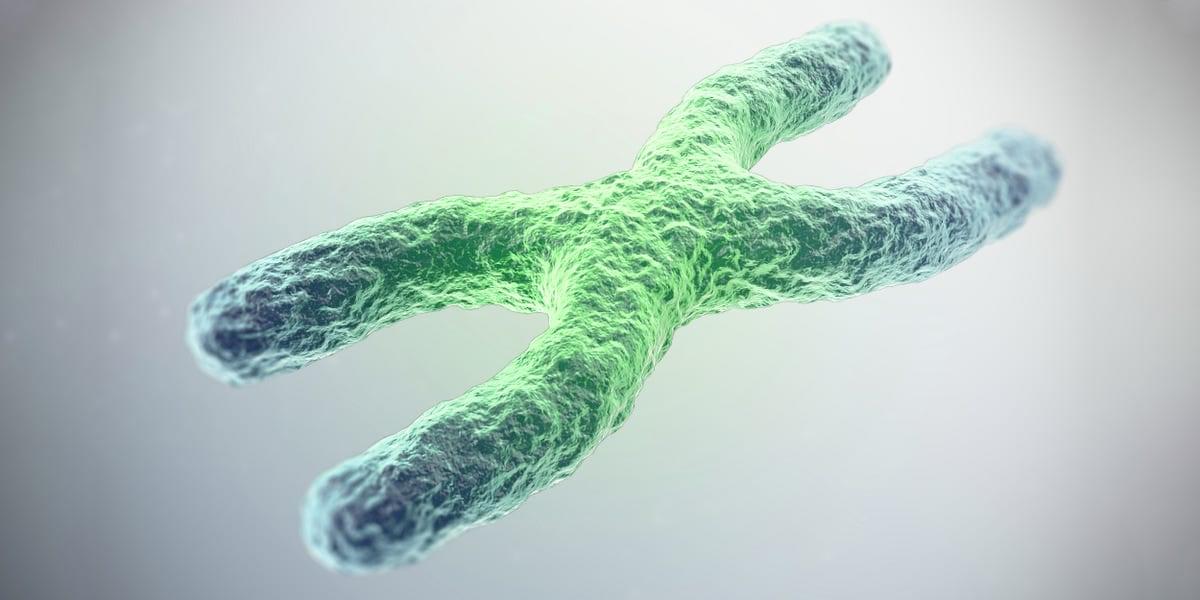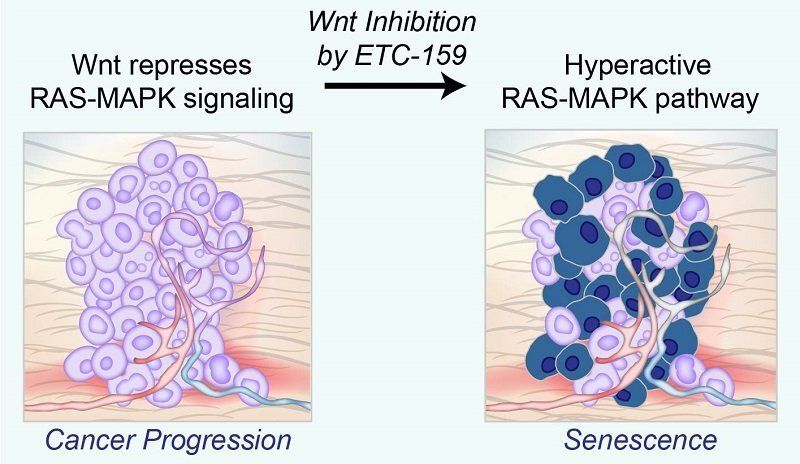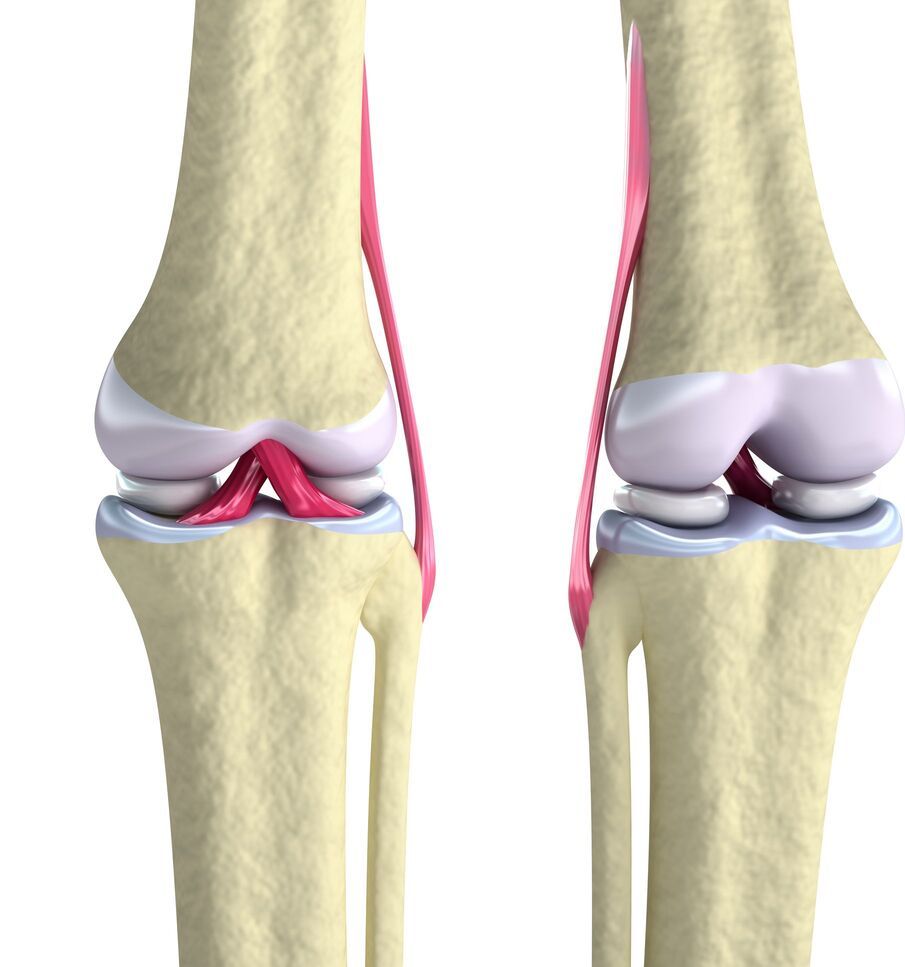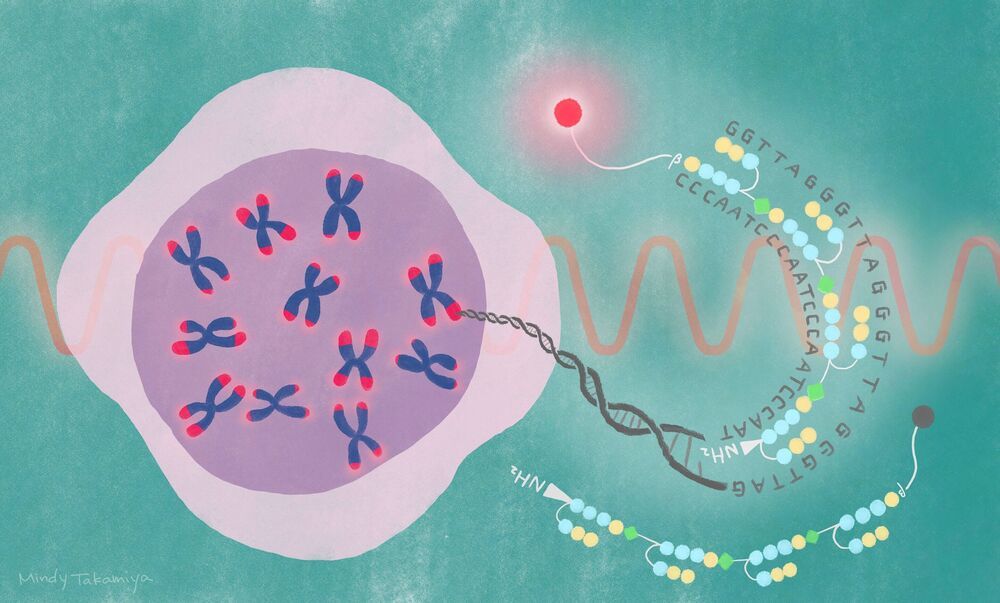In the third episode of the Healthy Longevity webinar series, we hear from Dr Aubrey de Grey, Chief Science Officer of the SENS Research Foundation as he joins Prof Brian Kennedy for a science-backed and inspirational conversation on regenerative medicine and the implications of a population that lives longer and in good health.
Register for upcoming webinar episodes here: https://bit.ly/3jhe0SB.
#NUSMedicine #webinarseries
Disclaimer: The opinions and advice expressed in this webinar are those of the speakers and do not represent the views and opinions of the organizers and National University of Singapore or any of its subsidiaries or affiliates. The information provided in this webinar is for general information purposes only as part of a general discussion on public health. The information is not intended to be a substitute for professional medical advice, diagnoses or treatment; and cannot be relied on in place of consultation with your licensed healthcare provider.
All Rights Reserved.
All of the proceedings of this webinar, including the presentation of scientific papers, are intended for limited publication only, and all property rights in the material presented, including common-law copyright, are expressly reserved to the speaker or NUS. No statement or presentation made is to be regarded as dedicated to the public domain. Any sound reproduction, transcript or other use of the material presented at this course without the permission of the speaker or NUS is prohibited to the full extent of common-law copyright in such material.







